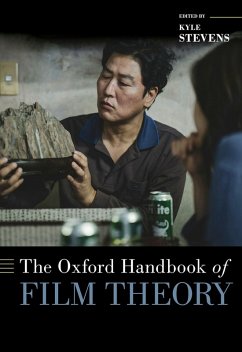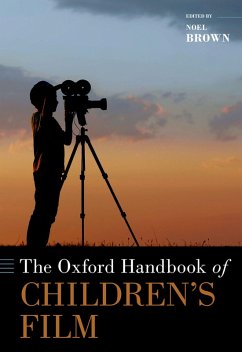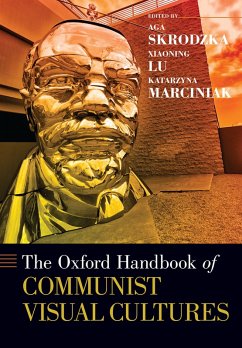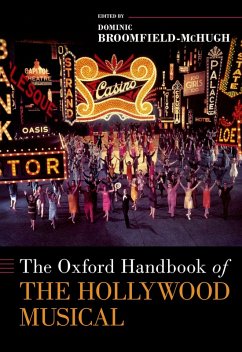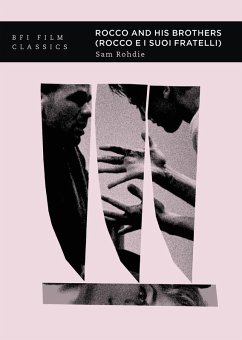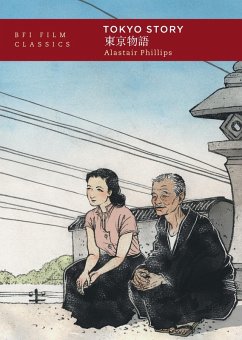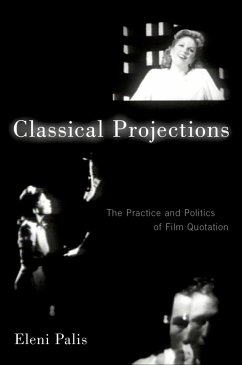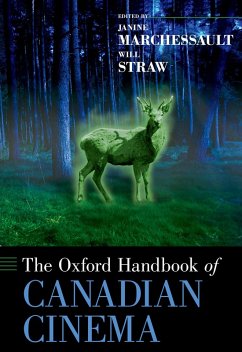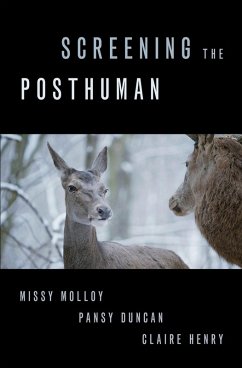
The Oxford Handbook of Queer Cinema (eBook, ePUB)
Versandkostenfrei!
Sofort per Download lieferbar
70,95 €
inkl. MwSt.
Weitere Ausgaben:

PAYBACK Punkte
35 °P sammeln!
The term "queer cinema" is often used to name at least three cultural events: 1) an emergent visual culture that boldly identifies as queer; 2) a body of narrative, documentary, and experimental work previously collated under the rubric of homosexual or lesbian, gay, bisexual, and trans (LGBT) cinema; 3) a means of critically reading and evaluating films and other visual media through the lens of sexuality. By this expansive account, queer cinema encompasses more than a century of filmmaking, film criticism, and film reception, and the past twenty-five years have seen the idea of "queer cinema...
The term "queer cinema" is often used to name at least three cultural events: 1) an emergent visual culture that boldly identifies as queer; 2) a body of narrative, documentary, and experimental work previously collated under the rubric of homosexual or lesbian, gay, bisexual, and trans (LGBT) cinema; 3) a means of critically reading and evaluating films and other visual media through the lens of sexuality. By this expansive account, queer cinema encompasses more than a century of filmmaking, film criticism, and film reception, and the past twenty-five years have seen the idea of "queer cinema" expand further as a descriptor for a global arts practice. As the first of its kind, The Oxford Handbook of Queer Cinema treats these three currents as art and critical practice, bringing the canon of queer cinema together with a new generation of makers and scholars. The Handbook's contributors include scholars who research the worldwide canon of queer cinema, those who are uniquely positioned to address three decades of its particular importance, and those best positioned to ponder the forms it is taking or may take in our new century, namely digital media that moves in new circuits. In eight sections, they explore the many forms that queer cinema takes across time, discussing narrative, experimental, documentary, and genre filmmaking, including pornography. Likewise, although the study of cinema and media is not restricted to a single method, chapters showcase the unique combination of textual analysis, industrial and production history, interpretation, ethnography, and archival research that this field enables. For example, chapters analyze the ways in which queer cinema both is and is not self-evidently an object for study by examining films that reinforce negative understandings of queerness alongside those that liberate the subject; and by naming the films that are newly queered, while noting that many queerly-made texts await discovery. Finally, chapters necessarily assert that queer cinema is not an Anglophone phenomenon, nor is it restricted to the medium of film.
Dieser Download kann aus rechtlichen Gründen nur mit Rechnungsadresse in A, B, BG, CY, CZ, D, DK, EW, E, FIN, F, GR, HR, H, IRL, I, LT, L, LR, M, NL, PL, P, R, S, SLO, SK ausgeliefert werden.




